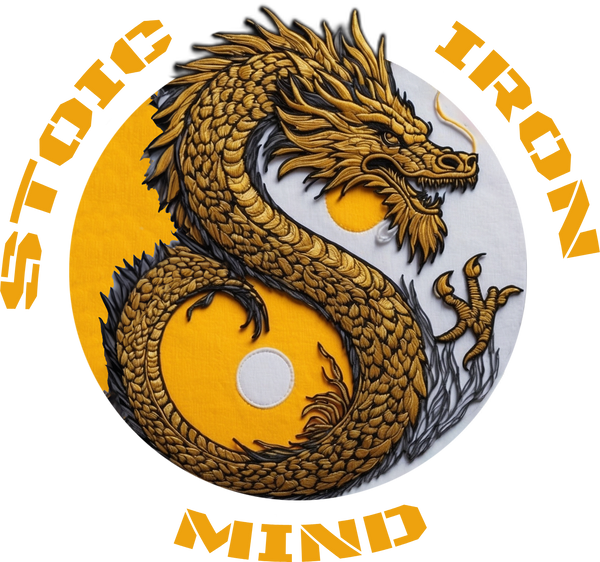
Stoicism vs. Machiavellianism: A Yin-Yang Comparison
Stoicism and Machiavellianism represent two contrasting philosophical approaches to life, often seen as yin and yang in their respective emphasis on virtue and manipulation.
Stoicism: The Yin (Light)
Focus: Virtue, self-control, inner peace, and acceptance of fate.
Approach: Emphasizes living in accordance with reason and ethics, cultivating emotional resilience, and accepting external circumstances with equanimity.
Outcome: A balanced and peaceful state of mind, focused on long-term well-being and ethical conduct.
Machiavellianism: The Yang (Dark)
Focus: Power, manipulation, self-interest, and strategic thinking.
Approach: Emphasizes using deception, flattery, and other tactics to achieve personal goals, often disregarding ethical considerations.
Outcome: Short-term gains in power and success, but often at the cost of relationships, ethical integrity, and long-term well-being.
Key differences and similarities:
Virtue vs. Manipulation:
Stoicism prioritizes virtue and ethical behavior, while Machiavellianism focuses on manipulation and self-interest.
Emotional Control:
Both philosophies emphasize emotional control, but with different goals. Stoics aim to eliminate negative emotions, while Machiavellians use emotional manipulation as a tool.
Acceptance of Fate:
Both philosophies acknowledge the role of external circumstances, but their perspectives differ. Stoics emphasize acceptance and focusing on what is within their control, while Machiavellians focus on adapting to circumstances to achieve their goals.
Long-Term Perspective:
Both philosophies advocate for a long-term perspective, but with different priorities. Stoics focus on long-term well-being and ethical conduct, while Machiavellians focus on long-term power and success.
In conclusion, Stoicism and Machiavellianism represent two fundamentally different approaches to life. Stoicism emphasizes virtue, inner peace, and acceptance of fate, while Machiavellianism focuses on power, manipulation, and self-interest. While both philosophies offer unique perspectives on human behaviour and the pursuit of happiness, they represent contrasting paths to fulfilment.
